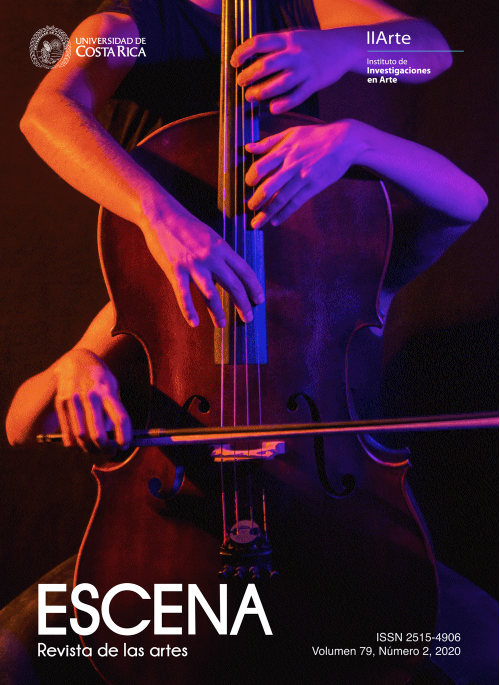Abstract
In 1862, eight-year-old Teresa Carreño offered several private concerts in Caracas in which she improvised and performed pieces of the virtuosic repertory for piano. Several members of the musical and intellectual circles of Caracas praised her widely in the press for her musical abilities. However, at a deeper level, the reception of these concerts reflects the tensions and paradoxes that occurred in Caracas’ musical culture between the practices and values that shaped concert life and salon culture, prevalent gender stereotypes, and the aspirations of cultural progress of the educated elite. The present study discusses the reception of Carreño’s concerts in the context of the cultural fabric of the 19th century, regarding the way in which they problematized the conventions of gender and the social and aesthetic values that shaped the production and reception of music in Caracas, and how they served to articulate the cultural aspirations of recently founded Venezuelan nation.


